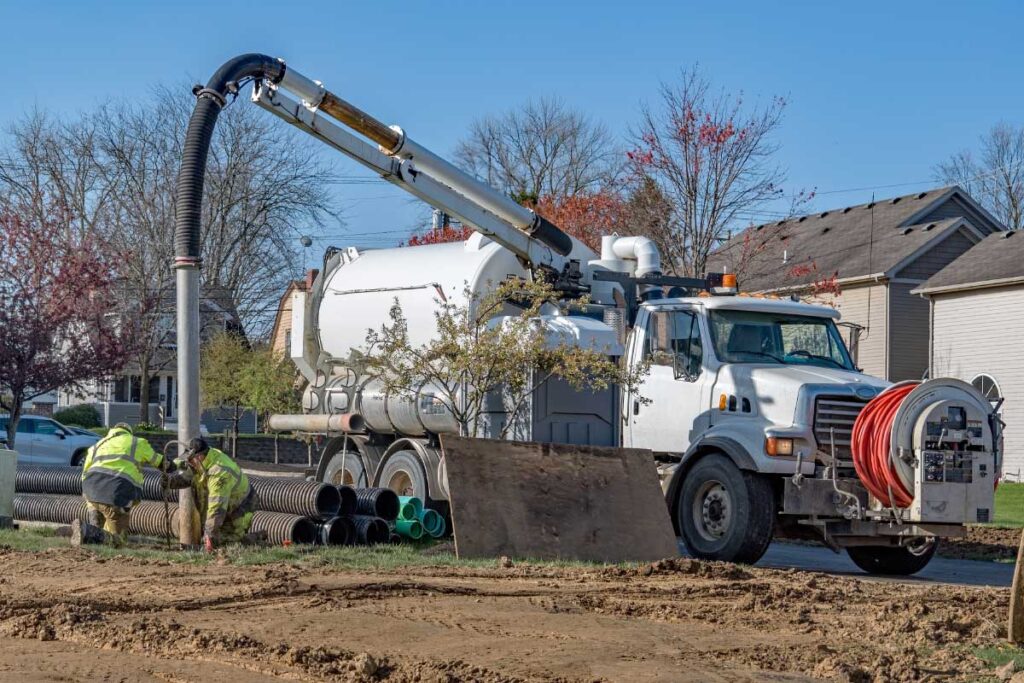In 2024, field service organizations face new demands and challenges, necessitating adaptation and reskilling of their workforce. In this blog, we will explore the evolving demands on field service organizations and discuss strategies for ensuring that their workforce remains adequately skilled and ready to thrive in this dynamic environment.
The Changing Landscape of Field Service in 2024
Field service organizations are no longer solely focused on traditional break-fix maintenance. They are now expected to provide proactive and predictive services, remote support, and a high level of customer engagement. Several key factors are driving these changes:
- Technological Advancements: The adoption of technologies like artificial intelligence, IoT, and augmented reality is transforming service delivery.
- Customer Expectations: Customers now demand faster response times, better communication, and exceptional service experiences.
- Sustainability Initiatives: Field service organizations are under pressure to reduce their environmental footprint and adopt eco-friendly practices.
- Global Events: Events such as the COVID-19 pandemic have accelerated the need for remote support and virtual services.
Adapting to Changing Demands
Field service organizations must adapt to these changing demands to remain competitive and effective. Here are some key strategies for adaptation:
- Technology Integration: Embrace new technologies to enhance service delivery, streamline operations, and provide real-time visibility into field activities.
- Remote Support Capabilities: Develop and refine remote support systems to improve efficiency and reduce the need for on-site visits.
- Data-Driven Decision-Making: Utilize data analytics to gain insights into customer needs, service performance, and resource allocation.
- Sustainability Initiatives: Adopt eco-friendly practices, such as transitioning to electric vehicles and optimizing routes for fuel efficiency.
- Training and Reskilling: Invest in training and upskilling your workforce to ensure they are well-equipped to handle new technologies and evolving service demands.
The Importance of Workforce Reskilling
In 2024, reskilling the field service workforce is paramount. Here’s why:
- Technological Competence: Workers must adapt to new technologies and tools, such as IoT devices, augmented reality for remote support, and digital management systems.
- Enhanced Customer Service: Training can improve customer service skills, including communication, problem-solving, and relationship-building, to meet heightened customer expectations.
- Adaptability: A well-trained workforce can quickly adapt to changing demands and new challenges, making the organization more resilient.
- Competitive Advantage: Reskilling your workforce provides a competitive advantage by keeping your team ahead of the curve in the dynamic field service landscape.
Reskilling Strategies for Field Service Workforce
To ensure your field service workforce is adequately skilled for 2024 and beyond, consider implementing the following strategies:
- Continuous Learning Culture: Foster a culture of continuous learning and improvement within the organization. Encourage employees to pursue training and development opportunities.
- Skills Assessment: Identify the current skills and knowledge gaps within your workforce to tailor training programs effectively.
- Digital Training: Provide training in digital tools, remote support technologies, and data analytics to ensure your team can effectively utilize these tools.
- Soft Skills Development: Focus on improving soft skills, such as communication, empathy, and problem-solving, to enhance customer interactions and service quality.
- Certification and Accreditation: Encourage employees to obtain relevant certifications and accreditations to showcase their expertise in specific areas.
- Mentorship and Collaboration: Create mentorship programs and encourage collaboration among team members to share knowledge and experiences.
In the dynamic landscape of field service in 2024, adaptation and reskilling are essential for success. Field service organizations must embrace technology, cater to changing customer expectations, and adopt sustainability initiatives. Reskilling the workforce is an investment in the organization’s future, enabling employees to thrive in an evolving field service environment. By equipping your team with the skills and knowledge they need, you position your organization for continued growth, competitiveness, and excellence in service delivery. Adaptation and reskilling are the keys to navigating the ever-changing demands of field service management in 2024 and beyond.
At Gogh Solutions we specialize in IFS Cloud application implementations and work with some of the biggest organizations across multiple industries. Our goal is to provide our clients with the tools and resources they need to unlock the full potential of their IFS FSM solution. Contact us to find out how Gogh Solutions can drive your successful IFS field service implementation.




